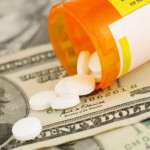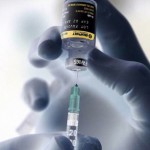Weak Idea at Bernie’s: Bureaucrats Should Not Negotiate Seniors’ Drug Prices
 Senator Bernie Sanders and Representative Elijah Cummings — along with a few other liberal Members of Congress — want to change the way Medicare purchases drugs for seniors. It is a popular talking point mainly because many Americans naively assume Medicare does not bargain over the price of drugs. Even President Trump has perpetuated the bogus idea that having the government negotiate the price of drugs would lower Medicare’s drug costs. This may sound appealing to many because drug makers don’t elicit much sympathy these days. Yet, seniors, drugmakers and taxpayers alike have a stake in the outcome because drug therapy is the most convenient and efficient way to care for patients.
Senator Bernie Sanders and Representative Elijah Cummings — along with a few other liberal Members of Congress — want to change the way Medicare purchases drugs for seniors. It is a popular talking point mainly because many Americans naively assume Medicare does not bargain over the price of drugs. Even President Trump has perpetuated the bogus idea that having the government negotiate the price of drugs would lower Medicare’s drug costs. This may sound appealing to many because drug makers don’t elicit much sympathy these days. Yet, seniors, drugmakers and taxpayers alike have a stake in the outcome because drug therapy is the most convenient and efficient way to care for patients.







